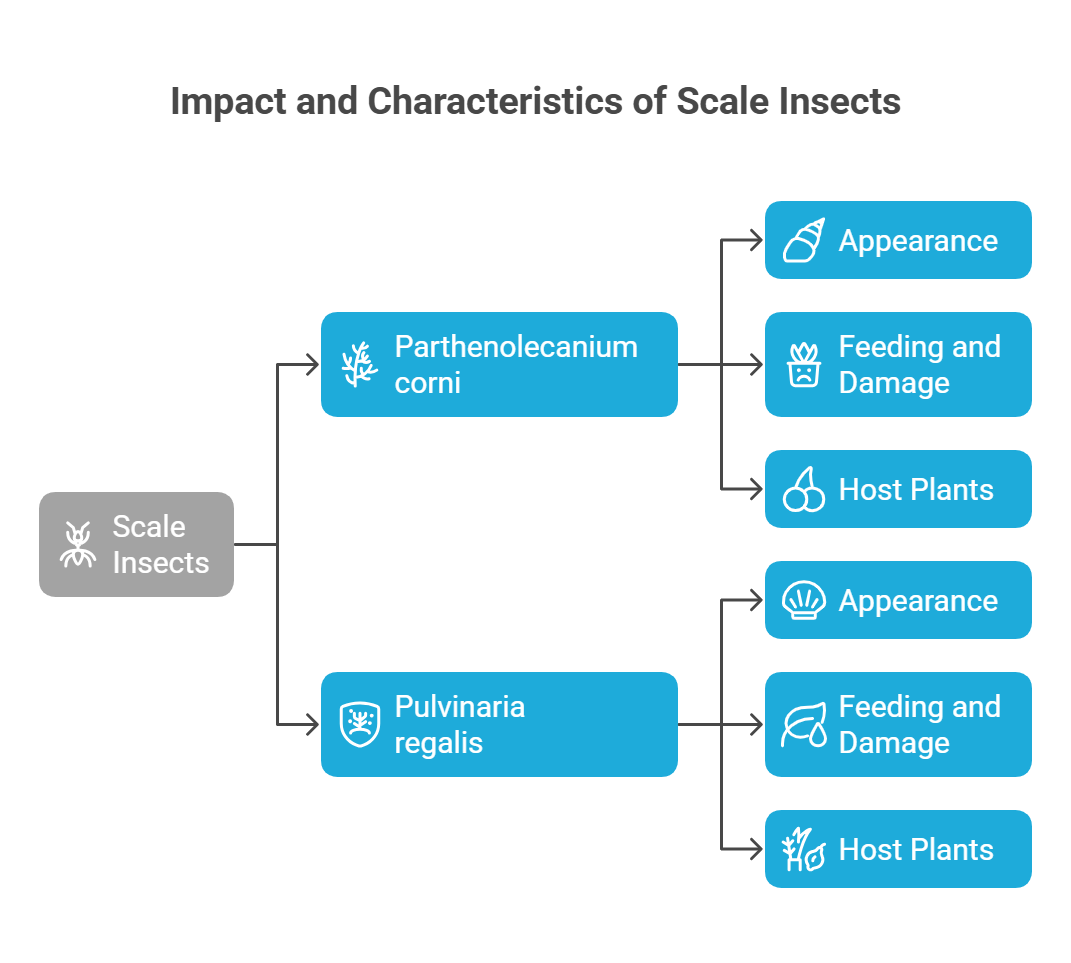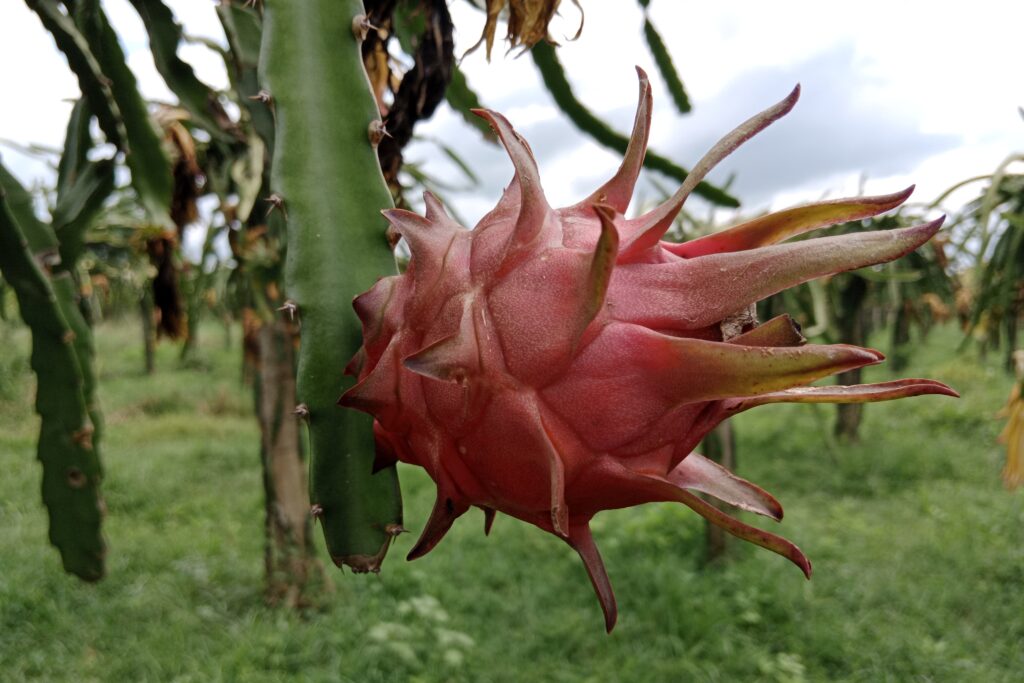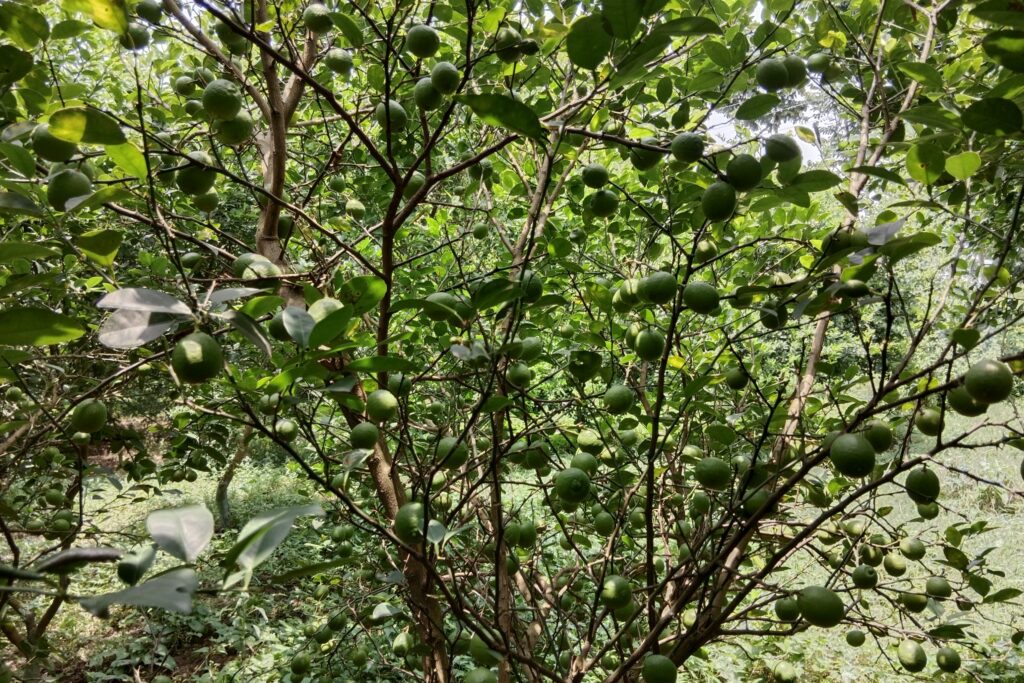Soft Scales Insects
Soft scales insects, belonging to the family Lecaniidae (formerly Coccidae), are a group of sap-feeding insects notorious for their protective waxy coatings and their significant impact on woody plants. These pests are commonly found on fruit trees, ornamentals, and forest species, where they can cause considerable damage. Unlike armored scales (family Diaspididae), soft scales retain some mobility during their early stages and secrete a protective waxy layer instead of forming a hard shell.
Soft scales are primarily phloem feeders, extracting nutrients from plants and excreting honeydew. This sticky substance can lead to secondary issues, such as the growth of sooty mold, which further harms plants by blocking sunlight and hindering photosynthesis. With their rapid reproduction rates, certain species, like Parthenolecanium corni and Pulvinaria regalis, have become particularly problematic in both natural and managed environments.
Key Species and Their Impact
Parthenolecanium corni (Brown Scale)
The Brown Scale is a common soft scale species that infests a wide range of woody plants, including fruit trees, shrubs, and ornamentals.
Appearance
Adult females are characterized by their convex, brownish, oval shells, which give them their name. They are relatively immobile in adulthood, anchoring themselves to bark or twigs.
Feeding and Damage
Brown Scales feed on plant sap, leading to wilting, reduced vigor, and stunted growth in heavily infested plants. Their honeydew excretion promotes the growth of sooty mold, which can block sunlight and interfere with photosynthesis.
Host Plants
This pest is highly polyphagous, meaning it feeds on a wide variety of plant species. Common hosts include:
- Prunus species (e.g., cherry, plum, apricot)
- Ribes species (e.g., currants, gooseberries)
- Magnolia species

Pulvinaria regalis (Horse Chestnut Scale)
The Horse Chestnut Scale is native to Europe but has become widespread in urban environments and other parts of the world.
Appearance and Life Cycle
Adult females have a flat, oval, pale brown scale covering, often accompanied by a white waxy ovisac that contains eggs. The eggs hatch into mobile crawlers, which disperse to new feeding sites.
Feeding and Damage
Like other soft scales, Pulvinaria regalis feeds on phloem sap, reducing plant health. The honeydew it produces supports sooty mold growth, further weakening trees and ornamentals. Heavy infestations can cause leaf drop, reduced flowering, and branch dieback.
Host Plants
This species is highly polyphagous and attacks a broad range of woody plants, including:
- Horse chestnut (Aesculus hippocastanum)
- Lime trees (Tilia spp.)
- Maples (Acer spp.)
- Magnolia species
- Ornamentals and fruit trees
Also Read About: Psyllid insects
Economic and Ecological Impact
Agriculture and Horticulture
Soft scales pose significant challenges to agriculture and horticulture due to their sap-feeding habits. By extracting nutrients from the plant’s vascular system, they weaken the overall vitality of host plants. Over time, this stress can significantly reduce productivity, especially in high-value crops. In orchards, their presence can directly impact fruit development and yields, leading to economic losses for farmers. For ornamental plants, soft scales compromise aesthetic appeal, making them less marketable and desirable, particularly in landscaping and gardening industries.
Urban and Forest Ecosystems
Soft scales are pervasive in urban and forest environments, where they infest a wide range of host trees. In urban settings, their activity leads to premature leaf drop, branch dieback, and overall tree decline, compromising the ecological and aesthetic roles of street trees. Additionally, the honeydew excreted by soft scales fosters the growth of sooty mold, which blackens foliage and further impairs photosynthesis. This sticky residue also attracts ants and other insects, creating nuisance issues and disrupting the ecological balance. In forest ecosystems, soft scales can weaken native tree species, making them more susceptible to secondary pests and environmental stressors, which can impact biodiversity and forest health.
Pest Management Strategies for Soft Scales
Effective management of soft scale infestations requires an Integrated Pest Management (IPM) approach, which combines biological, cultural, and chemical control methods to minimize damage while promoting ecological balance.
Biological Control
Leveraging natural predators and parasitoids is a cornerstone of sustainable pest management. Beneficial insects like ladybird beetles (Coccinellidae), parasitic wasps (Encyrtidae), and predatory lacewings are particularly effective at suppressing soft scale populations. These natural enemies feed on soft scales at various life stages, preventing outbreaks and contributing to long-term control. To maximize the effectiveness of biological control, it is crucial to avoid the use of broad-spectrum pesticides that can harm these beneficial organisms. Practices such as planting companion plants to attract natural enemies or introducing commercially available biocontrol agents can further enhance pest suppression.
Cultural Control
Cultural practices play a preventive role in managing soft scale infestations by creating unfavorable conditions for their growth and reproduction. Regular pruning of infested branches helps eliminate localized populations and prevents the spread of scales to healthy parts of the plant. Maintaining optimal plant health through proper watering, fertilization, and avoiding excessive nitrogen application can improve plant resilience, as excessive nitrogen promotes lush growth that is more susceptible to pest attacks. Implementing good sanitation practices, such as removing fallen leaves or debris where scales might overwinter, can also reduce reinfestation risks.
Chemical Control
Chemical treatments should be used as a last resort and applied with precision to minimize their environmental impact. Horticultural oils and insecticidal soaps are highly effective against the crawler stage of soft scales and are relatively safe for non-target organisms when applied correctly. These products work by smothering or disrupting the development of young scales. For severe infestations, systemic insecticides such as neonicotinoids can provide targeted control by being absorbed into the plant’s tissues, affecting the pests as they feed. However, systemic insecticides should be used sparingly and strategically to avoid unintended harm to beneficial insects and pollinators. Timing of applications, such as targeting the crawler stage during peak activity, is critical to achieving effective results with minimal collateral impact.
Conclusion
Soft scales, including Parthenolecanium corni (Brown Scale) and Pulvinaria regalis (Horse Chestnut Scale), are significant pests of woody plants, ornamentals, and urban trees. Their ability to feed on plant sap, excrete honeydew, and support sooty mold growth makes them a serious threat to plant health. However, with effective management strategies—such as biological control, pruning, and selective pesticide use, their populations can be controlled while preserving ecological balance. By understanding their biology and impact, we can better protect our plants and ecosystems from these persistent pests.



Pingback: San Jose Scale: The Undeniable Destructive Pest